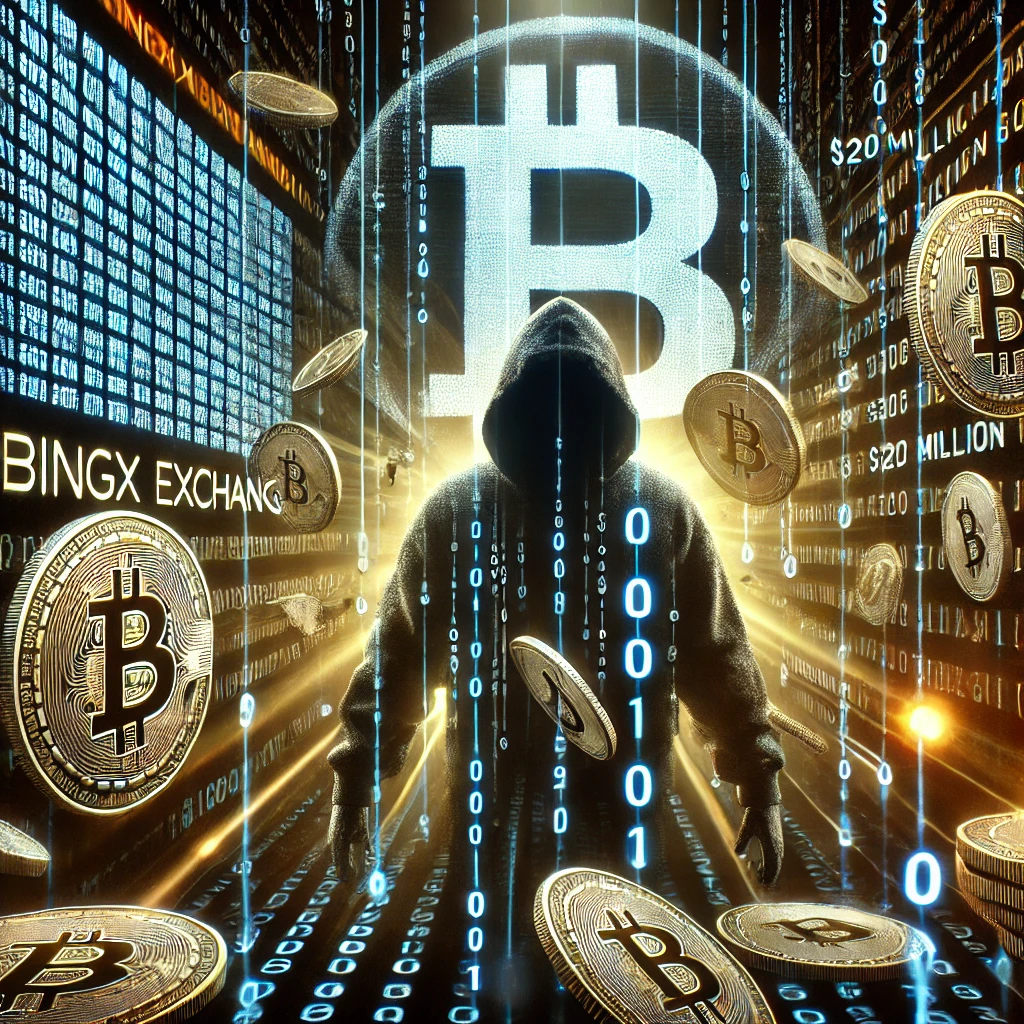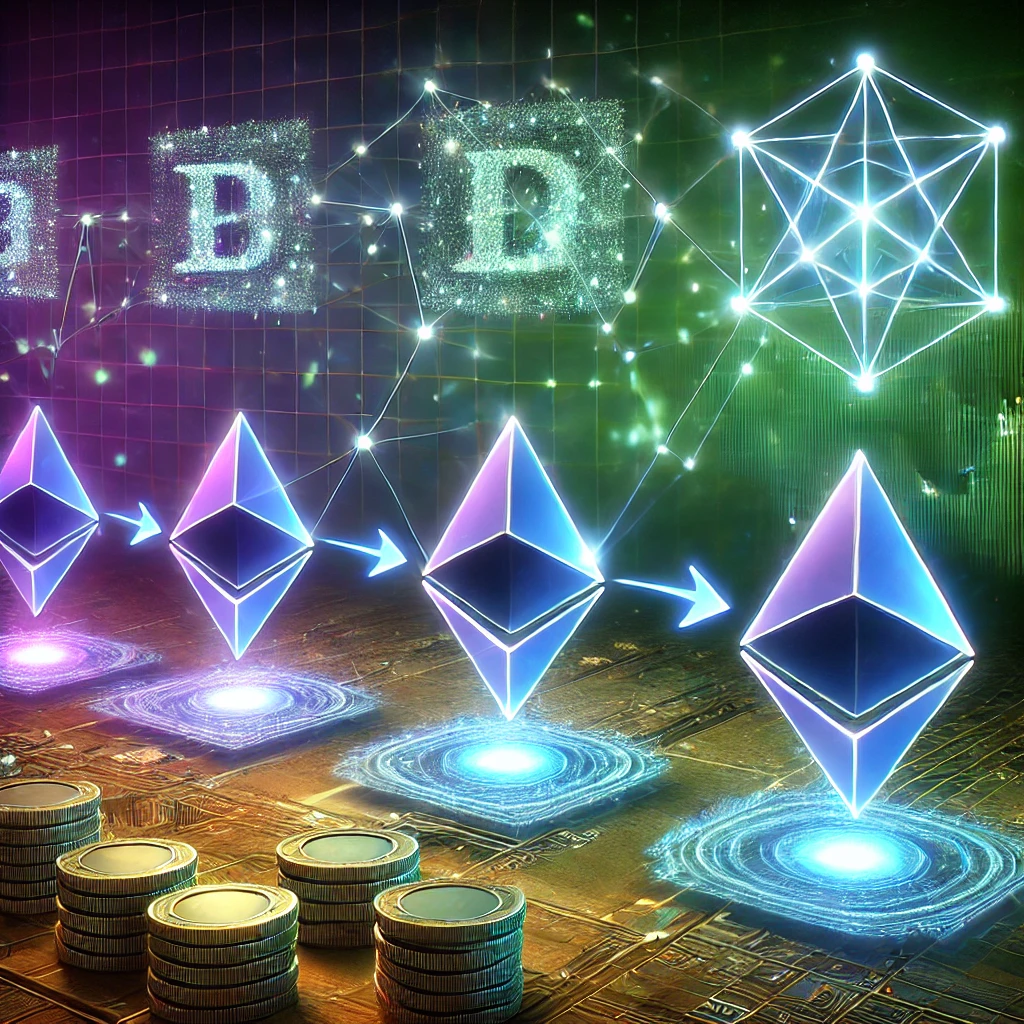
Estimated reading time: 10 minutes
Decentralized wallets play a crucial role in decentralized finance (DeFi), making it easy for users to interact with various decentralized applications (DApps) and protocols. These wallets give users full control over their digital assets, freeing them from traditional financial boundaries.
DeFi wallets use blockchain technology to put the power of asset management in the hands of the user. Unlike centralized platforms, where a third party holds your assets, DeFi wallets offer the freedom to manage your funds directly.
These wallets are essential for secure, trust-free interactions in the DeFi space. They enable a range of activities, including lending, borrowing, trading, and more, while prioritizing user privacy and security.
Table of contents
Features and Benefits
DeFi wallets come loaded with features designed to improve usability and security, such as:
- Non-Custodial Ownership: Users have sole access to their private keys, bypassing the need for mediators.
- Cross-Chain Compatibility: Support for various blockchains and tokens enhances transaction flexibility.
- Easy DApp Access: Users can directly connect to numerous financial services through their wallets, ensuring a smooth and secure DeFi experience.
MetaMask
MetaMask is a preferred DeFi wallet due to its user-friendly design and broad acceptance. It caters to new and seasoned users, facilitating easy access to cryptocurrency transactions across major web browsers. This convenience has significantly contributed to its widespread use.
The platform excels with browser extension functionality, enabling effortless cryptocurrency management without extra software. This feature ensures a seamless experience when navigating between DeFi protocols and decentralized applications, improving user satisfaction.
MetaMask is compatible with numerous blockchain networks, including Ethereum and ERC-20 tokens. Its compatibility with Ethereum Virtual Machine (EVM)-compatible networks broadens its user base, allowing for exploration of diverse DeFi projects across several chains.
Given its straightforward use, browser integration, and extensive support for blockchain networks, MetaMask is a top pick for those venturing into the DeFi ecosystem.
Trust Wallet
Owned by Binance, Trust Wallet enhances the user experience with its smooth integration into the Binance ecosystem. This feature simplifies transfers between Binance accounts and the wallet. The wallet supports cryptocurrencies, including Bitcoin, Ethereum, and Binance Smart Chain, allowing users to manage various assets through one platform.
Security is a critical aspect of Trust Wallet, which adopts measures like biometric authentication, PIN codes, and seed phrase backups to protect user funds. Features such as fingerprint and facial recognition add an extra layer of security, ensuring that only authorized individuals can access their accounts. The wallet’s decentralized nature also plays a crucial role in enhancing security by minimizing the risk of unauthorized access.
Trust Wallet’s compatibility with decentralized exchanges (DEXs) stands out, enabling users to execute trades directly from their wallets. This capability aligns with the wallet’s dedication to decentralization, offering users autonomy over their assets and enabling peer-to-peer transactions while maintaining privacy and security.
For members of the cryptocurrency community seeking a secure, flexible, and easy-to-use wallet, especially those already engaged with Binance, Trust Wallet presents an ideal choice.
Ledger Nano S
The Ledger Nano S is highly regarded in cryptocurrency for its superior security features and user-friendly interface. As a hardware wallet, it provides a physical means to safeguard digital assets, drastically lowering the chances of cyber threats and unauthorized access.
One of the primary advantages of this device is its ability to keep private keys offline, thus protecting them from online attacks. It employs sophisticated encryption techniques to secure user data alongside additional protective measures like PIN codes and passphrase options. These features allow users to customize their security preferences, offering peace of mind while handling their crypto investments.
The integration with Ledger Live software enhances the value of the Ledger Nano S by providing an intuitive platform for asset management and interaction with DeFi protocols. This software enables users to monitor their investments and performance effortlessly, streamlining the digital asset management process.
For those searching for a dependable hardware wallet, the Ledger Nano S is an exemplary choice. It merges the benefits of secure offline storage with the ease of use provided by Ledger Live, delivering a comprehensive solution for managing cryptocurrencies.
Related: How to Use Index Funds and ETFs for Passive Crypto Income
MyEtherWallet (MEW)
MyEtherWallet (MEW) is renowned for its straightforward design and robust support for Ethereum and its tokens, catering to users at all expertise levels. Its user interface is crafted to simplify handling Ethereum assets such as Ether (ETH) and ERC-20 tokens, making complex technical knowledge unnecessary. This simplicity attracts both beginners and seasoned crypto enthusiasts, affirming MEW’s status as a favored choice.
Key features contribute significantly to the user experience on MEW. Notably, its integration with decentralized exchanges (DEXs) enables users to conduct wallet-based token exchanges directly. This functionality facilitates a more streamlined trading process by eliminating the reliance on third-party platforms. Moreover, MEW allows users to adjust gas fees, providing the flexibility to balance transaction costs and speeds according to individual requirements. This feature promotes efficient transactions on the Ethereum network, customized to fit user preferences.
MEW’s commitment to improving the user experience is evident, offering a dependable and intuitive platform for efficiently managing Ethereum-based assets.
Atomic Wallet
Atomic Wallet delivers an intuitive interface on desktop and mobile, enabling effortless management of cryptocurrencies and transaction execution from anywhere. This adaptability ensures continuous access to assets on any device, enhancing user connectivity.
A standout feature of Atomic Wallet is its atomic swaps capability, which facilitates direct cryptocurrency exchanges within the wallet itself. This function eliminates the necessity for centralized exchanges, granting users complete autonomy over their transactions and significantly enhancing security and privacy by omitting intermediary involvement.
Furthermore, Atomic Wallet incorporates a decentralized order book, optimizing the process of cryptocurrency trading. This feature allows for direct trades between users, improving transaction efficiency. By leveraging decentralized technology, Atomic Wallet offers a secure and transparent environment for trading, fostering a decentralized, trustless exchange ecosystem.
With its focus on direct exchanges and peer-to-peer trading, Atomic Wallet is a prime option for those searching for a secure and flexible cryptocurrency wallet solution.
Coinbase Wallet
Coinbase Wallet enhances the cryptocurrency management experience through its direct link with the Coinbase exchange. This integration facilitates effortless asset transfers between the exchange and the wallet, streamlining digital asset purchasing, selling, and safeguarding.
The wallet is recognized for its user-friendly design, making it accessible to novices and seasoned users. Its straightforward navigation and clear instructions support users from diverse backgrounds in confidently managing their digital finances.
Furthermore, Coinbase Wallet distinguishes itself with its broad support for various cryptocurrencies and decentralized finance (DeFi) activities. It allows users to store and oversee digital assets in a single location, from well-known cryptocurrencies to emerging DeFi tokens. Additionally, the wallet’s integration with DeFi protocols enables users to engage in decentralized lending, borrowing, and trading directly from their wallet.
For those searching for an intuitive platform with extensive support for cryptocurrencies and DeFi functionalities, Coinbase Wallet stands out as an excellent choice.
Trezor Model T
The Trezor Model T is recognized for its superior security and user-friendly features, positioning it as a leading hardware wallet choice. Its sturdy construction is designed to keep cryptocurrency assets safe, offering users confidence in the security of their investments.
The standout feature of the Trezor Model T is its innovative touchscreen interface. This design choice simplifies navigation and makes accessing wallet functions straightforward. The addition of advanced passphrase protection allows for an additional security layer, effectively protecting users’ funds from unauthorized access.
Moreover, the Trezor Model T offers smooth integration with decentralized finance (DeFi) platforms. This feature enables users to safely engage directly with various DeFi services, including yield farming and lending, from their wallet. It ensures users control their private keys and assets while participating in DeFi activities.
The Trezor Model T is an excellent option for anyone looking for a secure and convenient way to manage their digital assets, especially those interested in exploring the opportunities within the DeFi space.
Enjin Wallet
The Enjin Wallet is a prime choice for those deeply involved with non-fungible tokens (NFTs), including collectors, gamers, and enthusiasts. It provides a secure and intuitive platform for managing NFTs, enabling users to easily store, transfer, and receive these unique digital items.
One of the wallet’s standout features is the QR code transaction system, which allows for quick and easy exchanges of cryptocurrencies and NFTs. By simply scanning a QR code, making the process efficient and user-friendly. This feature significantly enhances the overall experience of using the Enjin Wallet.
Furthermore, the Enjin Wallet offers direct integration with decentralized applications (DApps), broadening users’ access to the vast world of blockchain applications. This integration caters to users interested in DeFi activities or blockchain gaming, providing a seamless bridge to these platforms directly from the wallet.
Enjin Wallet’s emphasis on NFT support, QR code functionality, and DApp integration make it an attractive option for anyone looking to engage with the digital asset space conveniently and securely.
Exodus Wallet
Exodus Wallet’s modern and elegant design offers a seamless blend of beauty and practicality. Its user-friendly interface caters to beginners and seasoned crypto enthusiasts, making navigation through the platform smooth and intuitive. This design approach places Exodus Wallet at the forefront of user-centric cryptocurrency wallets.
A key highlight of Exodus Wallet is its integrated exchange feature, which allows for direct cryptocurrency swaps within the wallet. This functionality removes the complexity associated with external exchanges, simplifying the trading process. Users looking to diversify their portfolios or take advantage of market movements find this feature particularly valuable, as it provides quick access to a wide array of digital assets.
Beyond serving as a storage solution, Exodus Wallet offers comprehensive portfolio tracking tools. These features enable users to closely monitor their crypto investments and analyze their portfolio’s performance in real time. The wallet’s detailed analytics and customizable reports aid users in making well-informed investment decisions, keeping them informed about market dynamics.
Exodus Wallet combines sleek design and useful features. It offers an easy-to-use platform with a built-in exchange for easy trading and advanced portfolio management tools.
MathWallet
MathWallet is a versatile cryptocurrency wallet supporting over 150 blockchain networks. This wide range of compatibility allows users to handle various tokens, including well-known ones such as Bitcoin (BTC), Ethereum (ETH), and Polkadot (DOT). It facilitates straightforward cross-chain transactions and interoperability, proving essential for developers and crypto enthusiasts.
The wallet offers more than just a place to store assets. It provides staking features, enabling users to earn rewards while bolstering blockchain network security. Its intuitive design makes staking accessible, accommodating different consensus mechanisms like DPoS and PoS. This functionality appeals to those interested in earning passive income or contributing to network stability, simplifying the staking process.
MathWallet also ensures seamless access to decentralized finance (DeFi) services. Users can easily interact with various DeFi protocols and apps for lending, borrowing, trading on DEXs, or yield farming. This direct connection to the DeFi world allows users to utilize cutting-edge financial services, enhancing the management and growth of their crypto assets.
MathWallet supports many blockchain networks, offering stakeholder and DeFi access. It’s a user-friendly platform that enhances cryptocurrency investments.
Conclusion
Decentralized wallets stand at the core of the DeFi sector, offering unmatched control and security for digital asset management. These wallets transform user interaction with blockchain technologies, ensuring direct management and enhanced privacy. The diversity caters to a wide audience, from MetaMask’s ease of use to Ledger Nano S’s offline security and Trust Wallet’s integration with Binance.
The emphasis on features like non-custodial ownership, cross-chain compatibility, and direct DeFi access marks a significant shift towards user-centric financial services. Innovations such as atomic swaps and hardware wallet integrations highlight the sector’s evolution, meeting varied user demands.
Choosing the best-decentralized wallet is essential in today’s fast-evolving digital finance world. It keeps your DeFi journey safe and smooth. This choice mirrors how tech and user demands drive the growth of digital assets.
Related: What is Address Poisoning in Crypto and How Do You Avoid It?
FaQs
To regain access to a Trust Wallet, it’s essential to have the recovery phrase given when the wallet was first set up. Instructions for recovery are available in the Trust Wallet’s FAQ section.
MyEtherWallet charges gas fees for transactions on the Ethereum network. These fees depend on network traffic and the complexity of the transaction.
Comparing Ledger Nano X to Ledger Nano S shows Nano X has enhanced features. It includes Bluetooth support and can hold more cryptocurrencies, making it a more advanced option.
To access a MyEtherWallet (MEW) online, users should select “Access My Wallet” on the MEW website and follow the steps in the Knowledge Base to proceed.
Are you interested in the Ledger Nano S Plus? Operating requires an Android 10 or higher device and a USB-C connection.
Discover more from The African Crypto
Subscribe to get the latest posts sent to your email.










